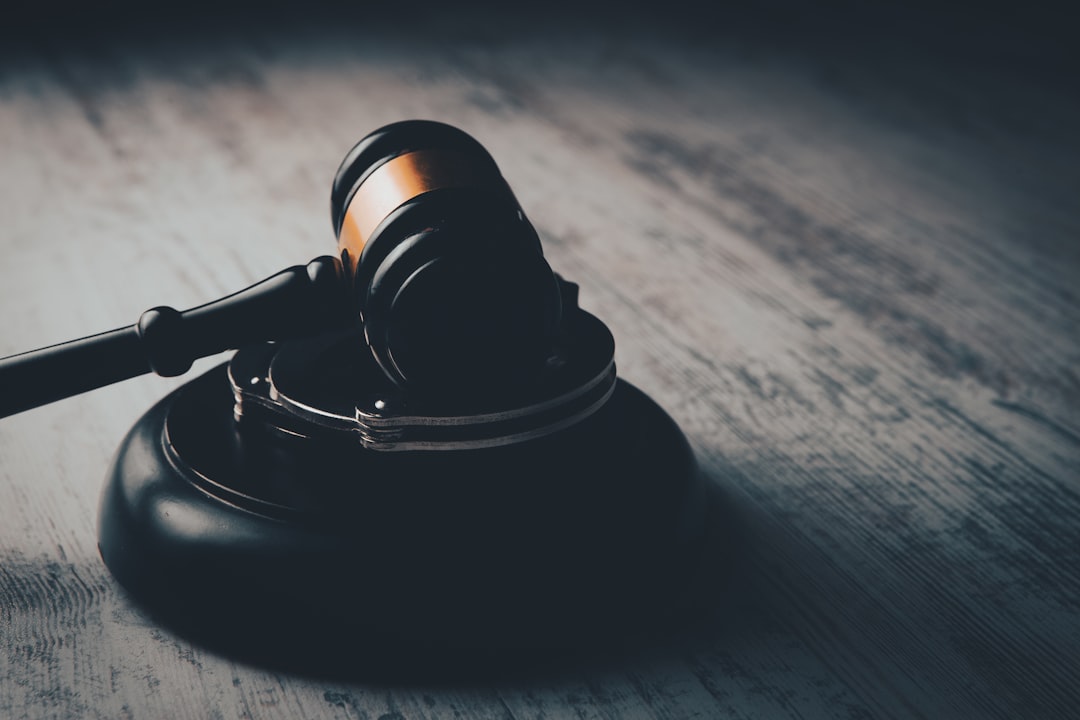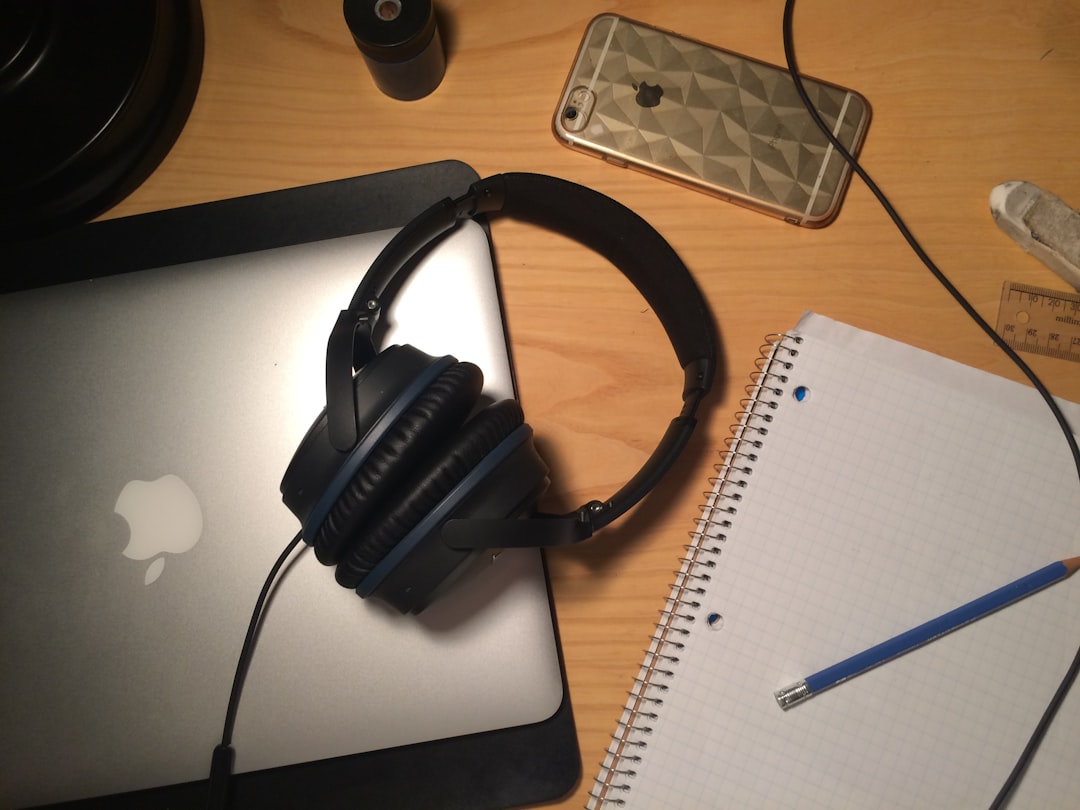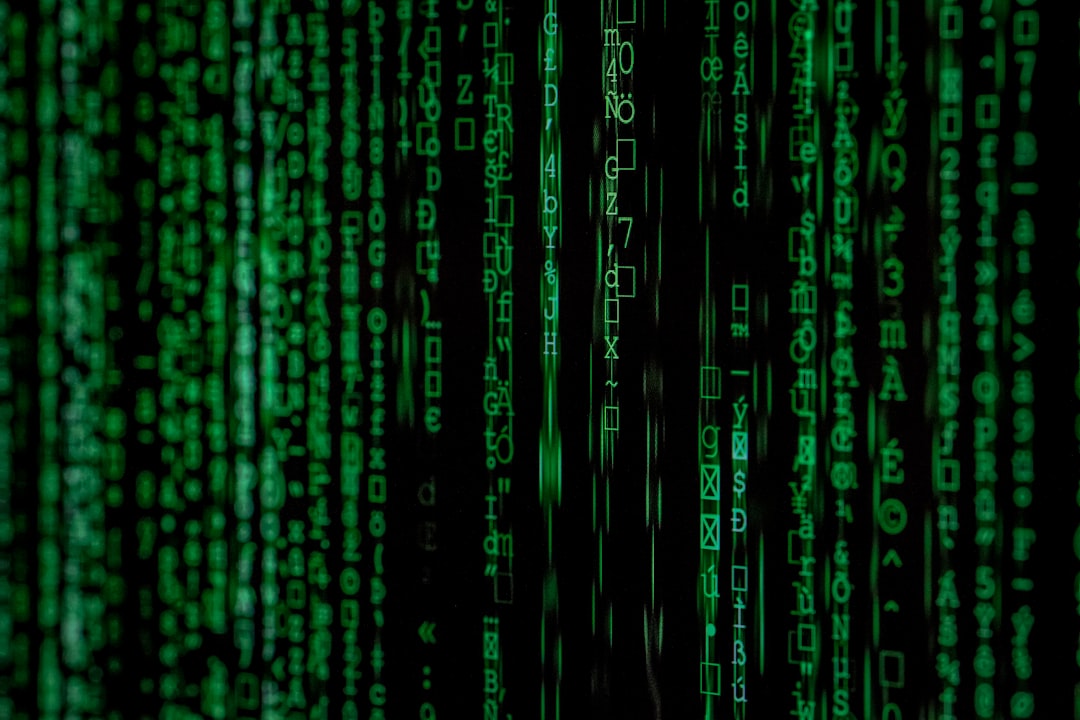YouTube has revolutionized the way people consume audio-visual content. With billions of hours of video available at the click of a button, it’s no surprise that many users look for ways to extract audio from these videos—particularly in the form of MP3 files. Whether it’s for listening to music offline, using audio for personal projects, or saving motivational speeches for on-the-go inspiration, converting YouTube to MP3 is a popular practice. However, it’s also one mired in legal and ethical gray areas.
This article explores the legality of YouTube to MP3 conversions, presents legitimate alternatives, and outlines the basics of fair use for everyday users trying to stay on the right side of the law.
Understanding the Legal Landscape
Before diving into the alternatives, users must understand why downloading audio from YouTube can raise legal concerns. YouTube’s terms of service explicitly prohibit downloading content without explicit permission, except via features provided by YouTube itself or through licensed services.
In most cases, downloading copyrighted content without authorization—such as music videos, documentaries, or monetized podcasts—can violate copyright laws. Large-scale downloading or redistribution intensifies the legal implications and can lead to penalties.
So, is it always illegal? Not necessarily. Some content on YouTube falls under Creative Commons licensing or is public domain, meaning users are free to download and reuse it. Additionally, personal use of short clips or audio snippets may be permitted under the doctrine of fair use, which we’ll explore shortly.
Legal Alternatives to YouTube to MP3 Conversions
Rather than risking legal trouble, users have access to several legitimate options for acquiring music or audio legally and often for free.
1. YouTube Premium
YouTube Premium offers a built-in feature that allows users to download videos and audio content directly for offline use. While the files may not be in MP3 format and are restricted to the app, this is considered a legal method sanctioned by YouTube.
2. Free Music Archive (FMA)
FMA is a library of high-quality, legal audio downloads curated by independent artists and radio stations. Users can browse music by genre, artist, or license type. It is an ideal resource for royalty-free background music or personal listening.
3. Jamendo
This platform focuses on indie artists and offers both personal and commercial licenses. Jamendo’s music is available for streaming and download and often includes tracks under Creative Commons license terms.
4. Internet Archive
The Internet Archive is a treasure trove of audio content, from vintage radio broadcasts to public domain music. All content is free and legally downloadable, often in MP3 format.
5. SoundCloud (with downloads enabled)
Many SoundCloud artists allow their tracks to be downloaded. If a song has a download button, it’s free game. Always double-check the license if you plan to reuse a track outside of personal listening.

Fair Use: What It Is and Why It Matters
The concept of fair use comes into play when using copyrighted material in a way that is deemed legally permissible without needing permission from the copyright holder. Fair use is most commonly associated with activities such as parody, commentary, criticism, news reporting, and education.
To determine whether a use qualifies as “fair,” courts in the United States consider four key factors:
- The purpose and character of your use: Non-commercial, educational, or transformative uses are more likely to be fair.
- The nature of the copyrighted work: Use of factual works is more likely to qualify than use of creative works.
- The amount and substantiality: Using smaller, non-critical portions of a work tends to favor fair use.
- The effect on the market: If your use could harm the market or value of the original work, it’s less likely to be considered fair.
For example, using a 15-second clip of a motivational speech in a classroom presentation may fall under fair use. However, downloading and distributing a hit song in MP3 format for personal profit would clearly cross the line.
Myths About YouTube to MP3 Tools
There are many misconceptions when it comes to YouTube MP3 converters. Here are a few common myths:
- “It’s okay if I don’t profit from it.” — While non-commercial use is a helpful fair-use factor, it doesn’t automatically make a download legal.
- “Everyone does it, so it must be fine.” — Popularity doesn’t equate to legality. Copyright laws still apply.
- “I only downloaded it for personal use.” — Even personal use can be an infringement if the content isn’t under a suitable license or permission.
Best Practices for Ethical Audio Use
For anyone frequently working with audio media—be it for podcasts, video production, or educational content—it’s wise to follow proper licensing practices. Here are a few tips:
- Use legally sanctioned platforms for downloads.
- Always check the license associated with audio content.
- Leverage royalty-free or Creative Commons libraries.
- When in doubt, reach out to the content creator for permission.

Staying within legal and ethical boundaries not only protects you from penalties but also supports the careers and creative efforts of the original content creators.
Conclusion
YouTube to MP3 conversion remains a compelling option for many users, but it’s not always the most ethical or safest path. Fortunately, various legal alternatives and platforms offer downloadable audio, many free for personal or creative use. By understanding copyright implications and fair use principles, users can enjoy audio content without infringing on rights or falling afoul of digital law.
In an era of endless streaming content, being informed is the first step toward becoming both a conscious consumer and a responsible content creator.
Frequently Asked Questions (FAQ)
- Is it illegal to convert YouTube videos to MP3 for personal use?
It depends on the content and its licensing. For copyrighted videos, converting without permission generally violates YouTube’s terms and may infringe copyright laws. - Can I use downloaded MP3s in my YouTube videos?
Only if you have permission or the music is royalty-free or under a suitable license like Creative Commons. Otherwise, you risk monetization issues or copyright strikes. - What’s a Creative Commons license?
It’s a license that allows creators to specify how others can use their work. Variants range from permitting full use to restricting commercial applications or requiring attribution. - Are online YouTube to MP3 converters safe?
Many such tools pose security risks, including malware or phishing. Additionally, using them for copyrighted content may be illegal or lead to YouTube account suspensions. - What if a YouTube video says it’s “free to use”?
Even then, it’s essential to read the video description for specific terms. Some creators allow use with attribution or non-commercial limitations.


